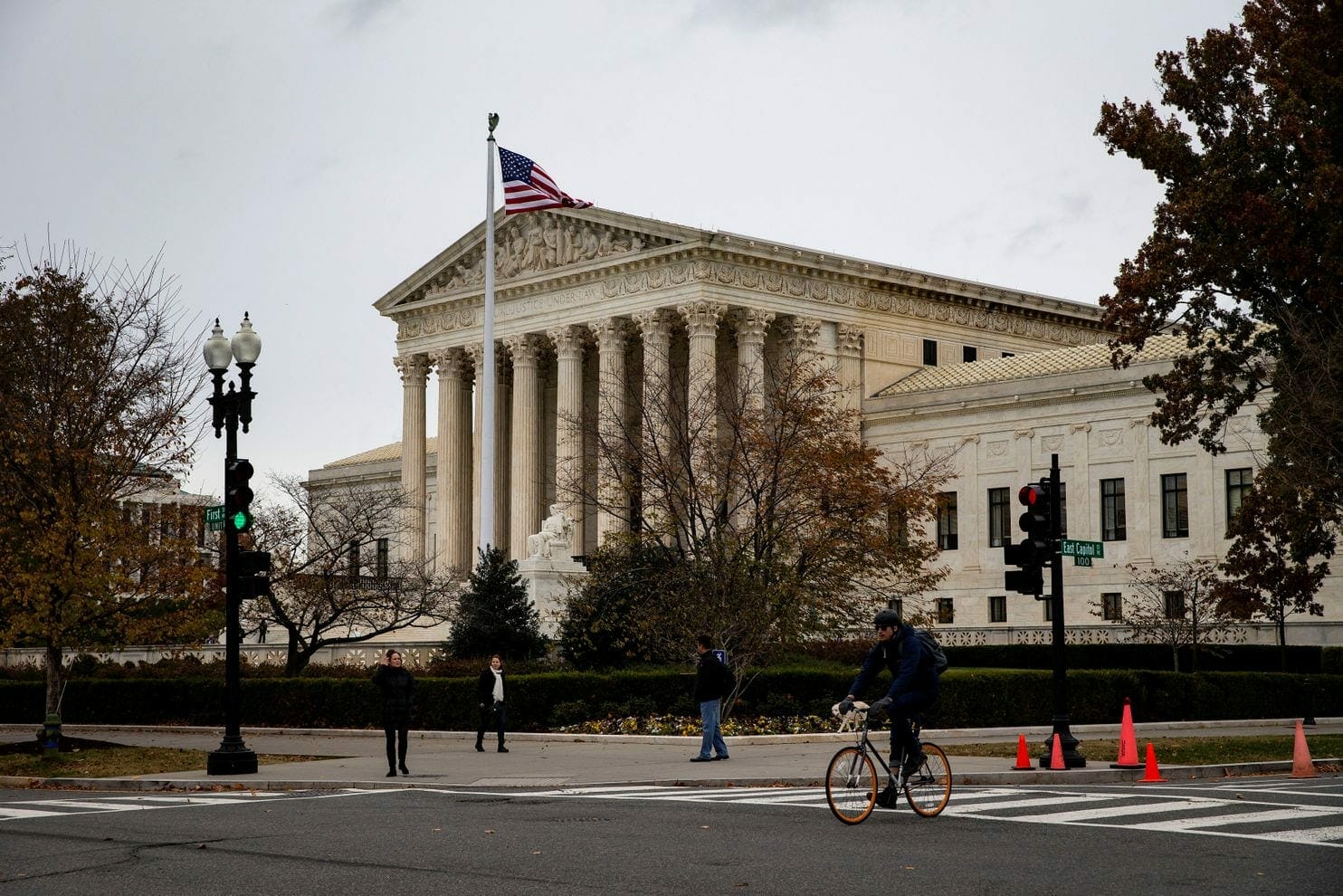The U.S. Supreme Court revived a $4.3 billion punitive damage award against Sudan related to the twin al Qaeda bombings of American embassies in East Africa in 1998.
The justices on Monday unanimously reversed an appeals court ruling that had tossed punitive damages because the law allowing them in these kinds of cases was enacted about a decade after the truck-bomb attacks in Kenya and Tanzania that killed more than 200 people and injured thousands of others.
The court said the law in this case applies retroactively, and rejected Sudan’s argument in legal action pursued by injured victims and families of those killed that Congress must provide a “super-clear statement” when it’s dealing with punitive, as opposed to compensatory, damages.
“Congress was as clear as it could have been when it authorized plaintiffs to seek and win punitive damages for past conduct,” Justice Neil Gorsuch said in writing for the court.
Justice Brett Kavanaugh didn’t participate in the decision that sent the case back to the U.S. Court of Appeals for the District of Columbia Circuit for further review based on the new ruling.
At issue was whether amendments to the Foreign Sovereign Immunities Act in 2008 permitting punitive damages could apply to the Sudan bombings.
Gorsuch acknowledged a presumption that new laws apply only prospectively—not retroactively. That idea “is deeply rooted in our jurisprudence, and embodies a legal doctrine centuries older than our Republic,” Gorsuch said.
But Congress can overcome that presumption so long as lawmakers are clear. How much “clearer-than-clear” must Congress be? Gorsuch asked rhetorically in this instance.
“Sudan doesn’t even try to say, except to assure us it knows a super-clear statement when it sees it, and can’t seem to find one here. That sounds much less like an administrable rule of law than an appeal to the eye of the beholder,” he said.
Nearly $6 billion in other damages upheld by the lower court were not at issue in this appeal.
Sudan was found to have provided a haven to al Qaeda while it planned the bombings. The trial court “found that Sudan had provided hundreds of Sudanese passports to al Qaeda, allowed al Qaeda operatives to travel over the Sudan-Kenya border without restriction, and permitted the passage of weapons and money to supply al Qaeda’s cell in Kenya,” Gorsuch explained.









